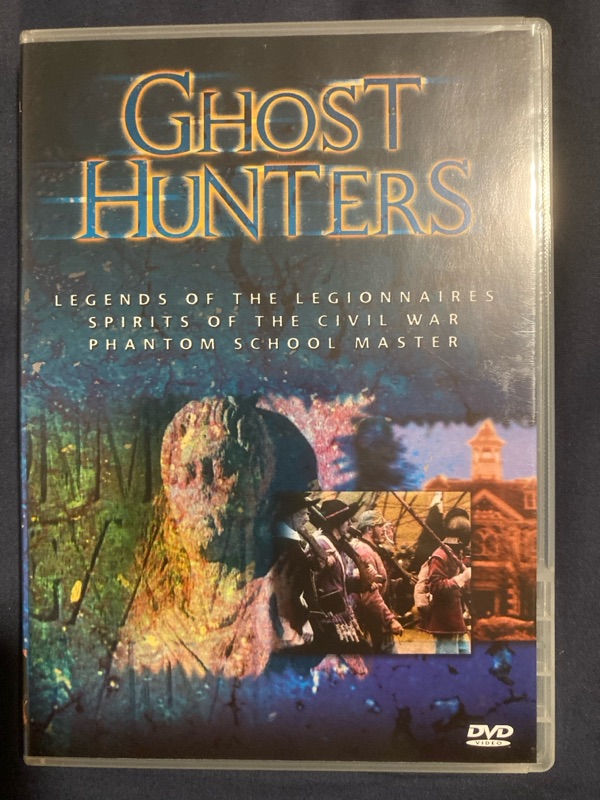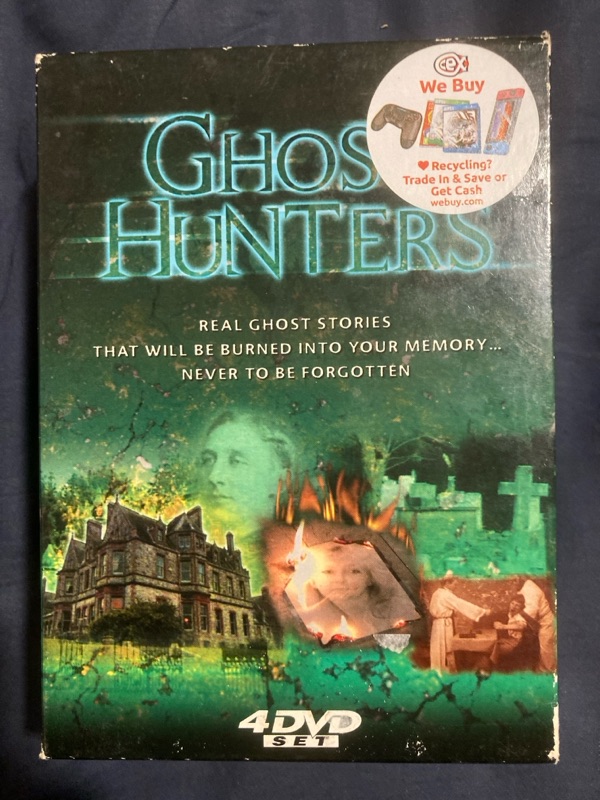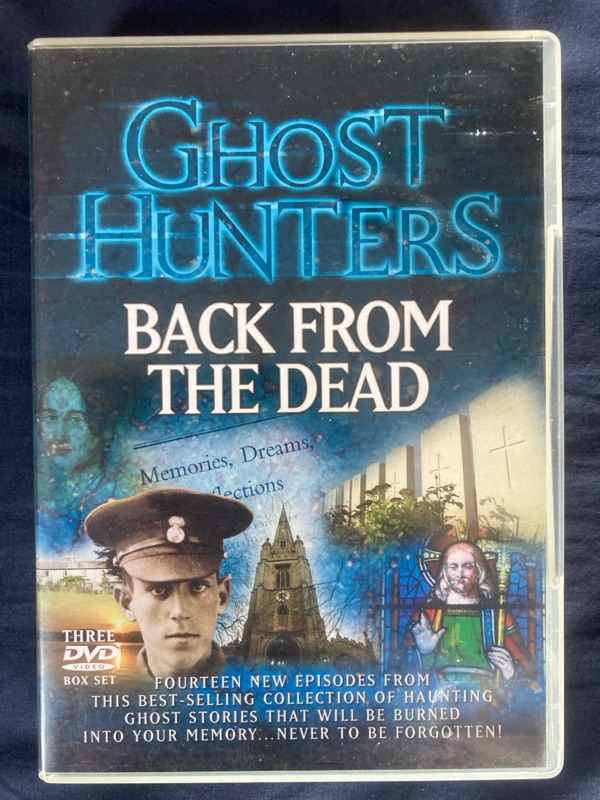The following article was first published in Issue 1 of Katy Elizabeth's new Fortean World magazine. Please support the magazine.
---------------------------------------------------
Recently during the Halloween season, I watched ‘Intruders’
based on the late Budd Hopkins’ book about cases of alleged alien abduction. It
is terrifying because it is based on experiences that people really believe
happened to them… and I’ve got no reason to disbelieve them… though it raises
complex questions about what the word “real” means… can something exist without
being physical, and therefore not have to obey the normal laws of physics that
govern the physical universe? Is there a non-physical world that has its own
separate laws? Are these alien abductions an example of these two linked but
separate realities colliding? Is human consciousness a kind of bridge allowing
this? These are some of the questions I will be considering as I take a look at
some of the films and classic literature in this sub-genre of UFOlogy in this
article.

Probably the first Alien Abduction film I ever saw was the
1989 film ‘Communion’ based on the book written by experiencer Whitley Strieber.
Watching the film again it is clear to me that the close encounters are not
always in the physical world. Instead, they appear to occur in a dreamworld.
But these are no ordinary dreams, as these experiences have a real physical
impact on the experiencer such as physical injuries. Also, as explained in the
film many other witnesses reported having similar experiences, and this was in
the 1980s before television series like ‘The X-Files’ cemented the alien
abduction phenomenon in popular culture…That said, the phenomenon was not
completely unknown in television and film. ‘The UFO Incident’, a 1975
television film based on the bestselling book ‘The Interrupted Journey’ written
by John G. Fuller, documented the Betty and Barney Hill alien abduction case,
the first widely publicised UFO close encounter of the fourth kind.

Alien abduction author David Jacobs has estimated that perhaps
as many as 5% of the American population could be alien abductees. While the
large numbers of alleged abductees can be seen as evidence that something real
is happening, such large numbers combined with the lack of physical proof
(although physical injuries and alleged implants could be considered physical
evidence) raises the question: is alien abduction a physical phenomenon involving
“nuts-and-bolts metallic spacecraft” piloted by “flesh and blood” alien beings
from another planet, or, is something else happening? Although “real” in the
sense that the experiences are not delusions or imaginary. Could it be that that
alien abductions are a non-physical, paranormal phenomenon?
In other words that a real external intelligence is
interacting with human consciousness, but alien abduction experiencers are not physically
being taken onboard an alien spacecraft and that alien abductions have more to
do with ghosts and demons than extraterrestrials in the sense that they
represent a paranormal rather than physical phenomenon.
However, going back to the Hill abduction, there are two
points that make me reconsider this conclusion.
The first reason is the dress Betty was wearing on the night
of the alleged alien abduction. Betty claimed under hypnosis that a large
needle was inserted into her stomach, according to the alien beings this was a
pregnancy test. Stains on the dress Betty was wearing in the region where the
needle was allegedly inserted is evidence that something physical happened to
the Hills.
The second is the famous “Star Map” Betty Hill recalled
being shown onboard the UFO, which Betty Hill drew and after years of research was
shown to potentially match the positions of real stars, Zeta I and II Reticuli
which were unknown to the Hills.
Because of this the writers of the 1979 film Alien decided
to set the location of the planet where the crew of the Nostromo encounter the
acid for blood Xenomorph for the first time in this start system. Weirdly, the
life circle of the fictional alien in the film in some ways echoes the bizarre
reproductive experiments reported by alleged alien abductees under hypnosis in
the real-world. These experiments often involve the hybridisation of humans
with aliens, using human women as incubators before the unborn hybrid is
removed and finishes gestating in an artificial womb onboard a UFO. Such
bizarre stories are easily the most fringe and controversial aspect in an
already fringe enough topic… but the stories are consistent. Assuming these
stories reflect something that is a physical reality and are not an attempt to
communicate using symbolism via visions and dreams, what do these accounts
potentially tell us about the greys and their motives for abducting people?

Could it be that like the fictional alien in the Ridley
Scott film, the greys can only reproduce by fusing their own DNA with that of
another species and using this other species as a host to gestate their
offspring?
Zeta II Reticuli system is estimated to be twice as old as
our own sun. Any potential life originating from there then, could potentially
be twice as old as life on Earth, which could include intelligent life. Any
intelligent life that left their home planet millions of years ago could
possibly evolve to make hybridisation with other species possible. It would be
the fastest way to adapt to the environment of a new planet and avoid the fate
of the Martians in HG well’s novel ‘The War of the Worlds’, where the Martians
all died from exposure to Earth’s microbes that they had no immunity to.
One last note about the Hill abduction. Even if you are
sceptical about alien abductions, ‘The UFO Incident’ is an excellent film,
telling a very real love story. It would just as easily be a good choice for a
Valentine’s film as a Halloween film and stars James Earl Jones (Voice of Darth
Vader) who just recently passed away.
Probably the scariest of the alien abduction films, ‘Fire In
the Sky’, is based on the alleged experiences of Travis Walton as described in
his book ‘The Walton Experience’. If not for this case I would probably
separate cases of alleged alien abductions into two distinct and separate types
of phenomena, one involving “nuts and bolts” physically real but unknown craft.
And the other more paranormal kind that involves something (possibly
intelligent) external affecting (possibly communicating) with the human mind.
In the latter case, whatever it is using popular culture, folklore and
religious beliefs to construct a lucid dream so real that it can cause physical
injury to the experiencer.

…However, unfortunately it isn’t that easy to separate alien
abductions into different types like apples and oranges, and Travis Walton’s
experience perhaps best documents why this is. Walton was seen being struck by
an energy beam from a UFO by multiple witnesses before being taken onboard the
craft where he woke up being examined by classic grey alien beings. It was
clearly a physical experience, not a dream or hallucination.
Perhaps then the UFO occupants can choose between many
different communication channels to make contact with humans, much in the same
way we decide between having a face-to-face meeting or making a phone call or
arranging a Microsoft Teams or Skype meeting. The only difference being that
the UFO occupants can use consciousness itself as a communication channel when
face to face encounters are not necessary or possible.
The Fourth Kind is another disturbing film to watch. I need
to take a slight detour here into theoretical physics, but we will return back
to the film soon.
If aliens are travelling from other solar systems to Earth,
it is impossible for them to be coming in nuts-and-bolts spacecraft travelling
slower than the speed of light. UFOs are seen too often and seem to be reacting
to current events on Earth too quickly. For example, the first atomic bomb was
detonated in 1945 and within two years in the same region flying saucers turn
up, seemingly investigating our nuclear weapon tests. If these objects came
from another solar system, they would need to be at least approx. 4 light years
away. Meaning it would take a radio signal at least that time to reach our
nearest neighbouring solar system. Then travelling at light speed take another
four years to get to Earth. That’s eight years total. As UFOs were being seen
in 1947 (and earlier) in the American Southwest and were seemingly interested
in nuclear weapons, it would seem to indicate they could send signals and
travel faster than light to get here two years after the first atomic bomb
test.
While travelling faster than light is impossible in our
physical universe, other universes could potentially have different laws of
physics that allow objects to travel faster than light.
So, if such a parallel universe existed it could be used as
a kind of cosmic motorway. The only problem is how could an object travel
between parallel universes?
Arthur C. Clarke famously said: “Any sufficiently advanced
technology is indistinguishable from magic.”
Could aliens be using what we would call magick (yes with a
“k” to differentiate real magick from fake magic conjuring tricks) to open
portals into other dimensions? This might sound absurd, but a lightbulb would
appear to be magical to someone who had no knowledge of electricity. I’m only
suggesting that there might be something to magick which could potentially be
developed into another science one day. Perhaps a science of the Mind or Consciousness.
It is interesting that one of the aspects of real-world
alien abduction mythology which is highlighted in ‘The Fourth Kind’ is the
phenomenon of alleged screen memories. These are distorted memories of real
events subtly altered either by the sub consciousness mind to make the memories
accessible without driving someone insane, or, perhaps artificially altered by
the aliens encountered during abductions to hide their activities. Put simply
instead of remembering an alien, abductees remember other mundane things
instead in their place. In the film the aliens are replaced in the memories of
the protagonist by an owl, something which is widespread in real abduction
accounts. Which is interesting because the owl has long been an important
symbol in ancient religions. The owl was associated with the Ancient Greek goddess
of wisdom Athena. And even today owls are still allegedly ‘worshiped’ in
outlandish rituals by the quasi-secret group the Bohemian Club.
It could simply be that the large black eyes of owls lend
the creatures to being good standings for the black-eyed grey aliens mostly
associated with abductions. But an alternative explanation could be that owl
and other esoteric symbolism is somehow being used to generate some kind of
energy or power (for lack of a better similarly as this psychic power may not
be energy in the scientific sense of the word that can be measured) which is
used to phase in and out of our physical universe in ways we don’t yet
understand.
Eyewitness accounts of odd symbols resembling Ancient
Egyptian hieroglyphs on wreckage/debris from alleged UFO crashes like the one
at Roswell in 1947 are well known inside the UFO field. What if instead of
writing these were occult symbols? What if instead of using physics to travel
through space the aliens have developed an alternative science based originally
on what we would call magick?

Chemistry is an example of a science that began as a
pseudo-science. The treating of illnesses with magical potions. This was the
beginning of treating illnesses with specific drugs to remedy a particular
disease or other health problem.
There is a certain amount of theatrics involved with cases
of alien abductions. Why would the aliens want to scare the people they are
abducting? The aliens should be capable of tranquillising the subjects of their
experiments, so that they would have no distress or memory at all of anything
happening. The way we do with animals, for instance, if a large and dangerous
zoo animal needed to be seen by a vet.
It is widely believed in paranormal research circles that
poltergeists feed off human fear and anger, and that the best thing to do if
you are experiencing such a haunting is to simply ignore it until the
poltergeist runs out of energy effectively. Could the aliens seen in abductions
be using similar paranormal energies generated by negative human emotion to
travel between different dimensions? Perhaps a non-physical realm where the
laws of physics do not apply, making interstellar travel possible?
One last thought … it is suggestive that the alleged covert
group set up by the US Government to study the alleged UFO wreckage found at
Roswell in 1947 was called Majestic 12 … as in Magic or Magick 12.
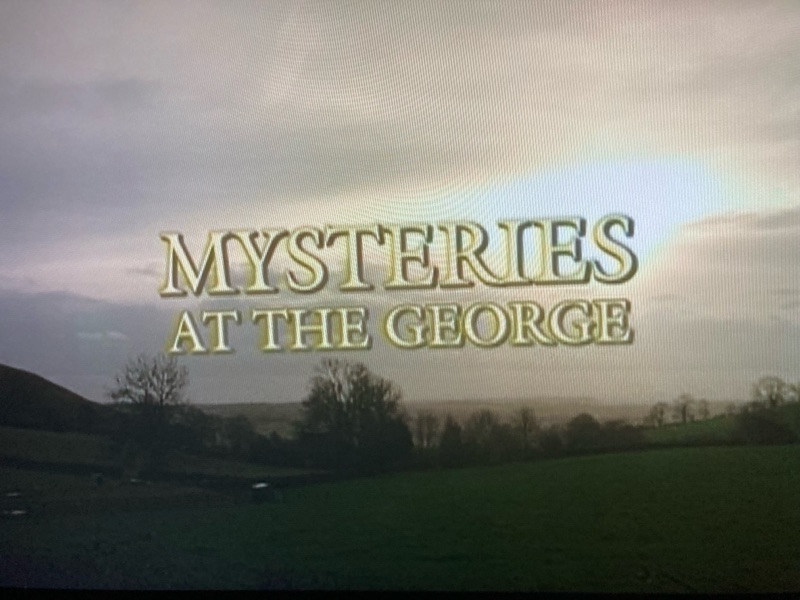

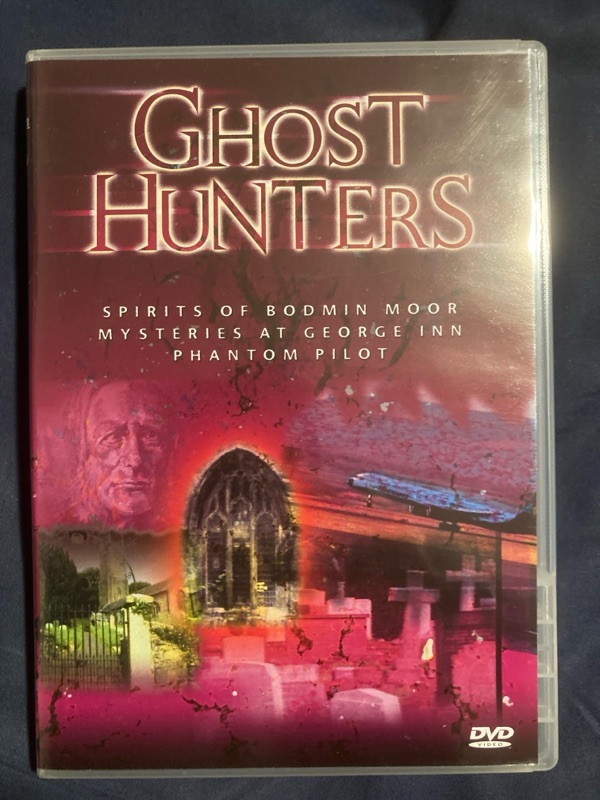
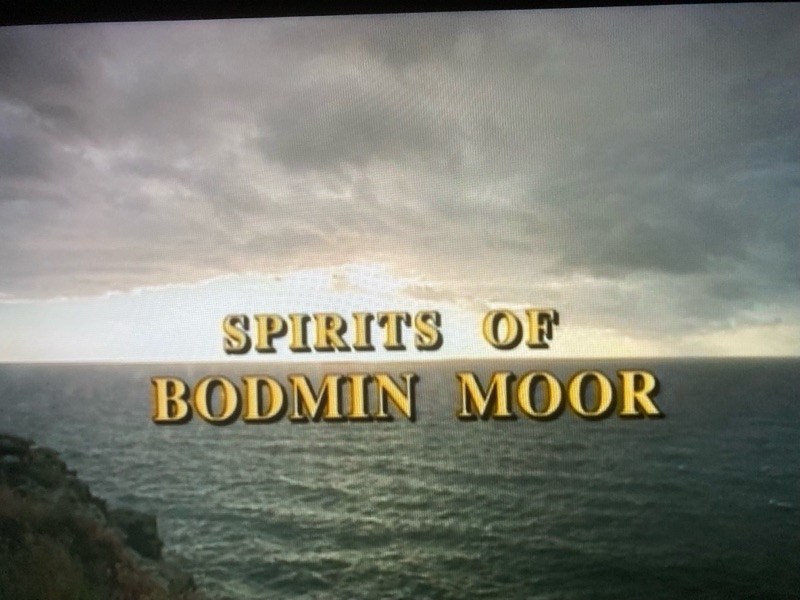
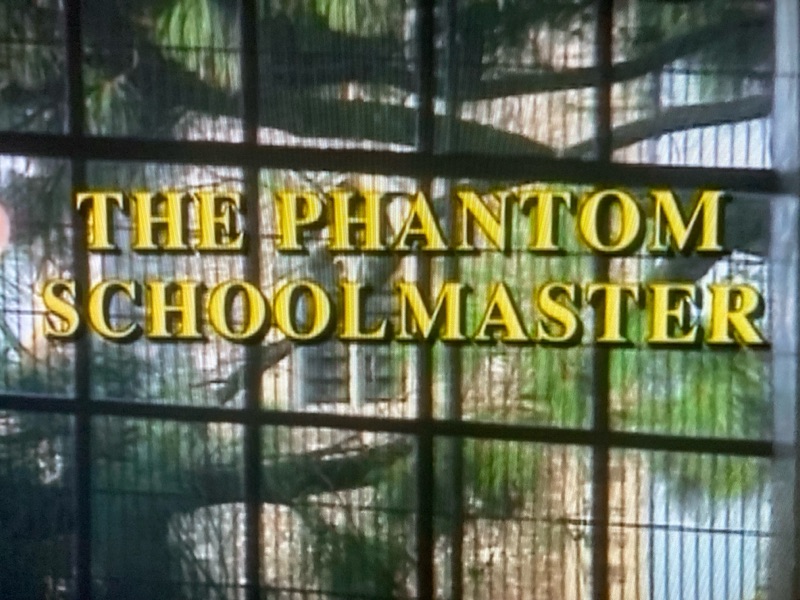
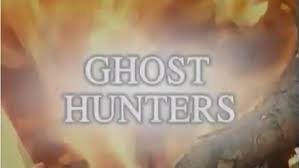
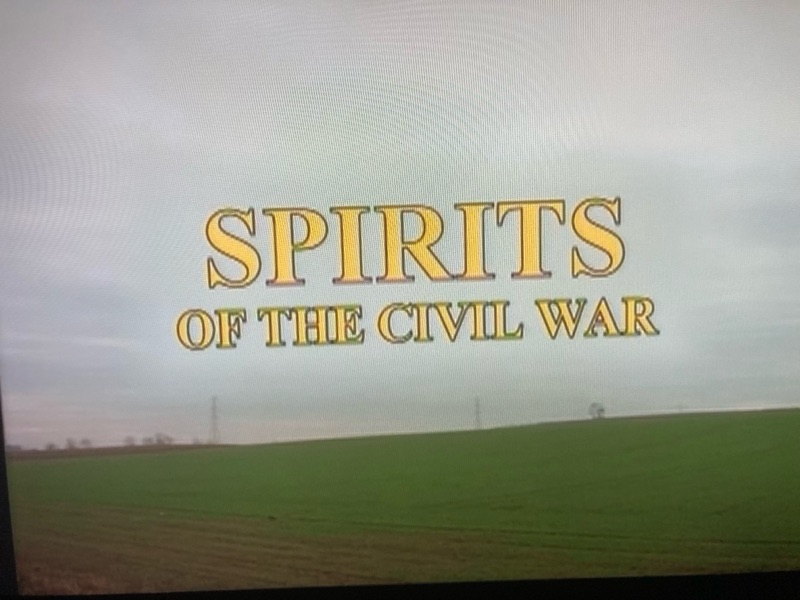 So what witnesses are seeing when they see the ghosts of Civil War soldiers are actually the memories of people that died during or shortly after the battle that have been absorbed into the environment.
So what witnesses are seeing when they see the ghosts of Civil War soldiers are actually the memories of people that died during or shortly after the battle that have been absorbed into the environment.